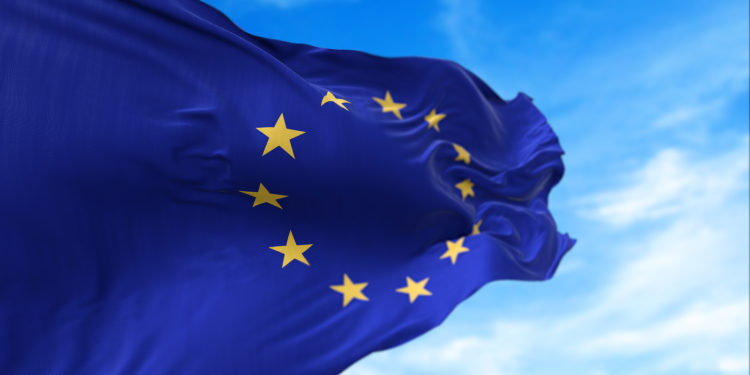Apple will be forced by the European Union's Digital Markets Act (DMA) to allow third-party app stores and payment systems and make iMessage compatible with other messaging services, according to a recently published European Commission document.
In a document with questions and answers on the Digital Markets Act entitled “Ensuring fair and open digital markets”, published over the weekend published , the European Commission explains and clarifies what the Digital Markets Act means for companies classified as "gatekeepers". It is almost certain that Apple will be classified as a "gatekeeper" and thus subject to the rules of the DMA due to the level of its annual turnover in the EU, its ownership and operation of platforms with a large number of active users, and its "established and durable position" resulting from the length of time it has met these criteria.
DMA: Messaging, voice and video telephony services must be interoperable
Last week, a leaked version of the DMA suggested that Apple could be forced to make major changes to the App Store, Messages, FaceTime, third-party browsers and Siri in Europe. The latest document reiterates that gatekeepers must allow users to install third-party app stores, while developers must be able to interact with a gatekeeper's own services, promote their offerings outside the gatekeeper's platform and use third-party payment systems, as well as access data collected by a gatekeeper. One of the new additions to the DMA is the requirement that messaging, voice and video calling services must be interoperable. The document clarifies that a third-party developer must request interoperability with a gatekeeper's service and the gatekeeper must comply within a certain timeframe.
Apple's fight against governments
In other words, gatekeepers must support messaging between users on different platforms. But the DMA will allow group chats after two years and video and audio calls after four years. The interoperability rules theoretically mean that meta-apps like WhatsApp or Messenger could request to interact with Apple's iMessage framework and Apple would be forced to comply. So far, Apple has strongly resisted attempts by governments to force changes to its operating systems and services. In the Netherlands, for example, Apple simply chose to pay a $5.5 million fine every week for ten weeks rather than comply with the Authority for Consumers and Markets' (ACM) orders to allow third-party payment systems in Dutch dating apps.
European Commission could impose various sanctions against gatekeepers
The DMA says gatekeepers who ignore the rules face fines of up to 10 percent of the company's total annual global turnover, or 20 percent for repeated violations, as well as periodic penalties of up to 5 percent of the company's total annual global turnover. If gatekeepers commit "systematic violations," the European Commission can impose additional sanctions, such as requiring a gatekeeper to sell a business or parts of it, including units, assets, intellectual property rights or trademarks, or prohibiting a gatekeeper from acquiring a company that provides services in the digital sector.
DMA could come into force sometime in October
EU lawmakers provisionally approved the DMA in March. Once the final document is officially published, the European Parliament and Council will have to approve it before it can come into force. Digital Competition Commissioner Margrethe Vestager said last month that she expects the DMA to come into force “sometime in October.” Looking for new accessories? Then take a look in our Amazon Storefront - there you will find numerous products from leading suppliers, also for HomeKit and Co.! (Photo by rarrarorro / Bigstockphoto)





